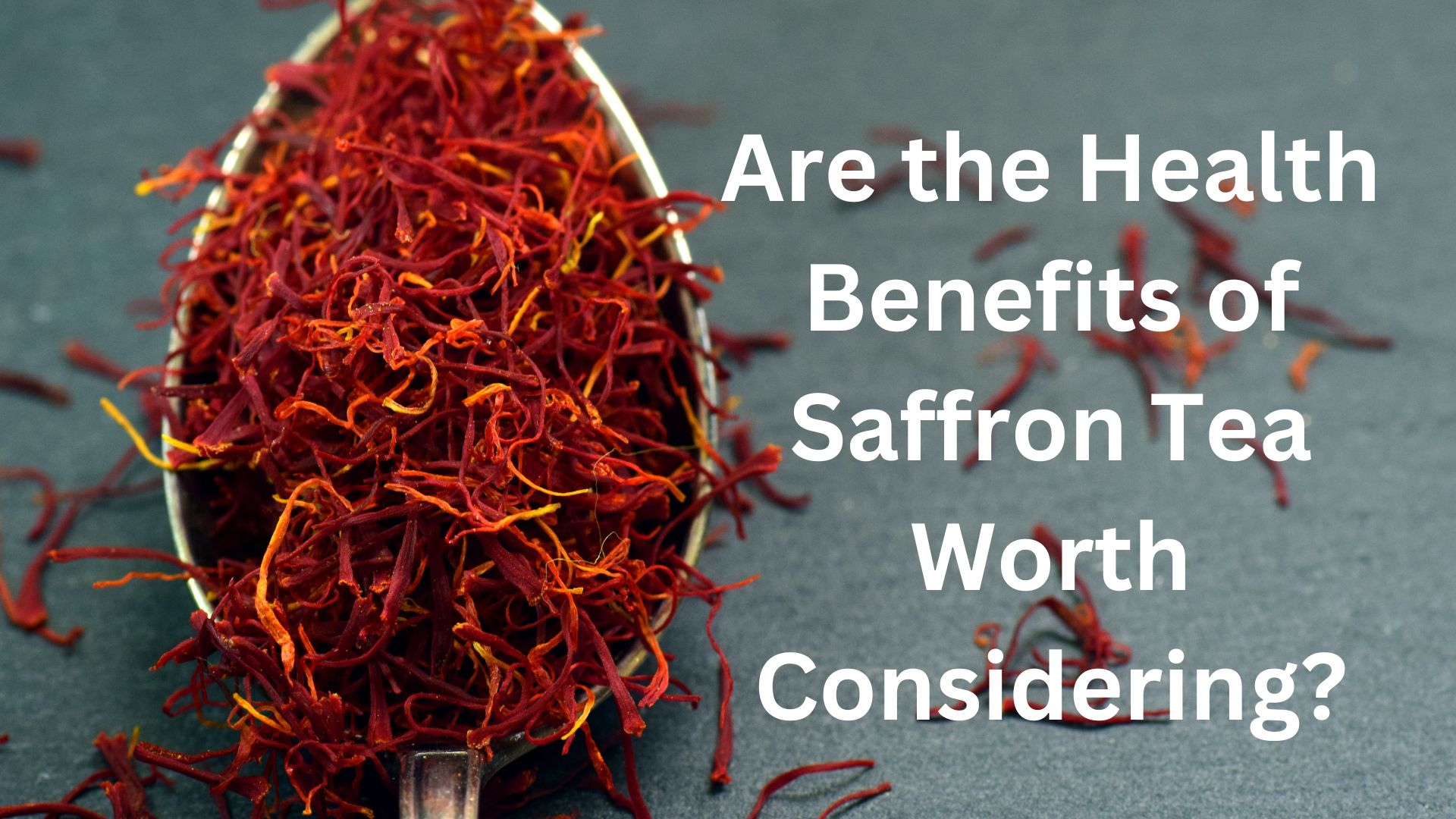
Saffron, also known as kesar, is widely cultivated in India and stands out as one of the most expensive spices. It is prized for its dark red color and sweet, earthy flavor, making it a sought-after ingredient in many Indian households. Beyond its role as a natural coloring agent, saffron is known for its health benefits and has been used as a complementary medicine for centuries, often consumed in the form of saffron tea.
In the world of nutrition, saffron tea emerges as a hidden gem, celebrated for its marvelous benefits. Let’s explore five compelling reasons why incorporating saffron tea into your diet is recommended, as highlighted by experts:
- High in Antioxidants: Saffron is rich in antioxidants, known for their potential to combat cancer cells while preserving the integrity of healthy cells.
- Improves Cognitive Health: Saffron contains crocin and crocetin, chemicals believed to enhance learning and memory function, as supported by various studies.
- Strengthens Immunity: Saffron is a potent source of riboflavin, a B vitamin crucial for maintaining a healthy immune system. The antioxidant safranal, present in saffron tea, may bolster antibacterial and antiviral activity in the body.
- Prevents Fungal Infections: Packed with antioxidants and flavonoids, saffron helps shield the body from harmful substances and, with its fungal-fighting properties, aids in preventing infections.
- Manages PMS Symptoms: Saffron has been associated with a reduction in the severity of PMS symptoms, contributing to better occupational and social performance.
How to Make Saffron Tea at Home
Ingredients:
- Saffron threads (a pinch or about 10-15 threads for a cup)
- Hot water (just below boiling temperature)
- Sweetener (optional, like honey or sugar)
- Spices (optional, such as cardamom or cinnamon)
Method:
- Heat water to just below boiling temperature.
- Place a pinch of saffron threads in a small bowl, add a couple of tablespoons of hot water, and let it steep for 5-10 minutes to bloom.
- Pour the bloomed saffron into a teapot or cup.
- Add sweetener and spices if desired.
- Pour hot water over saffron and other ingredients. Stir for even distribution.
- Allow the tea to steep for 5-10 minutes or longer for a stronger flavor.
- Strain the tea into cups or mugs, garnish with a few saffron threads, and savor the unique flavor of saffron tea.
Also Read
Embracing the Goodness: Five Compelling Reasons to Include Rice in Your Diet
However, caution is advised for individuals with saffron allergies, pregnant or nursing women, infants, children, and those with specific medical conditions such as bipolar disorder, low blood pressure, or bleeding disorders. Moderation is key, as excessive saffron consumption can lead to adverse effects, including digestive problems, nausea, dizziness, and potential poisoning.

One thought on “Are the Health Benefits of Saffron Tea Worth Considering?”